News and features
Read the latest news and features about our world-leading research, discoveries, fundraising and philanthropy. If you want to keep updated on our news, you can follow us on social media or sign up for our Search newsletter.
If you’re a journalist and want to find out more, you can contact our media relations team.
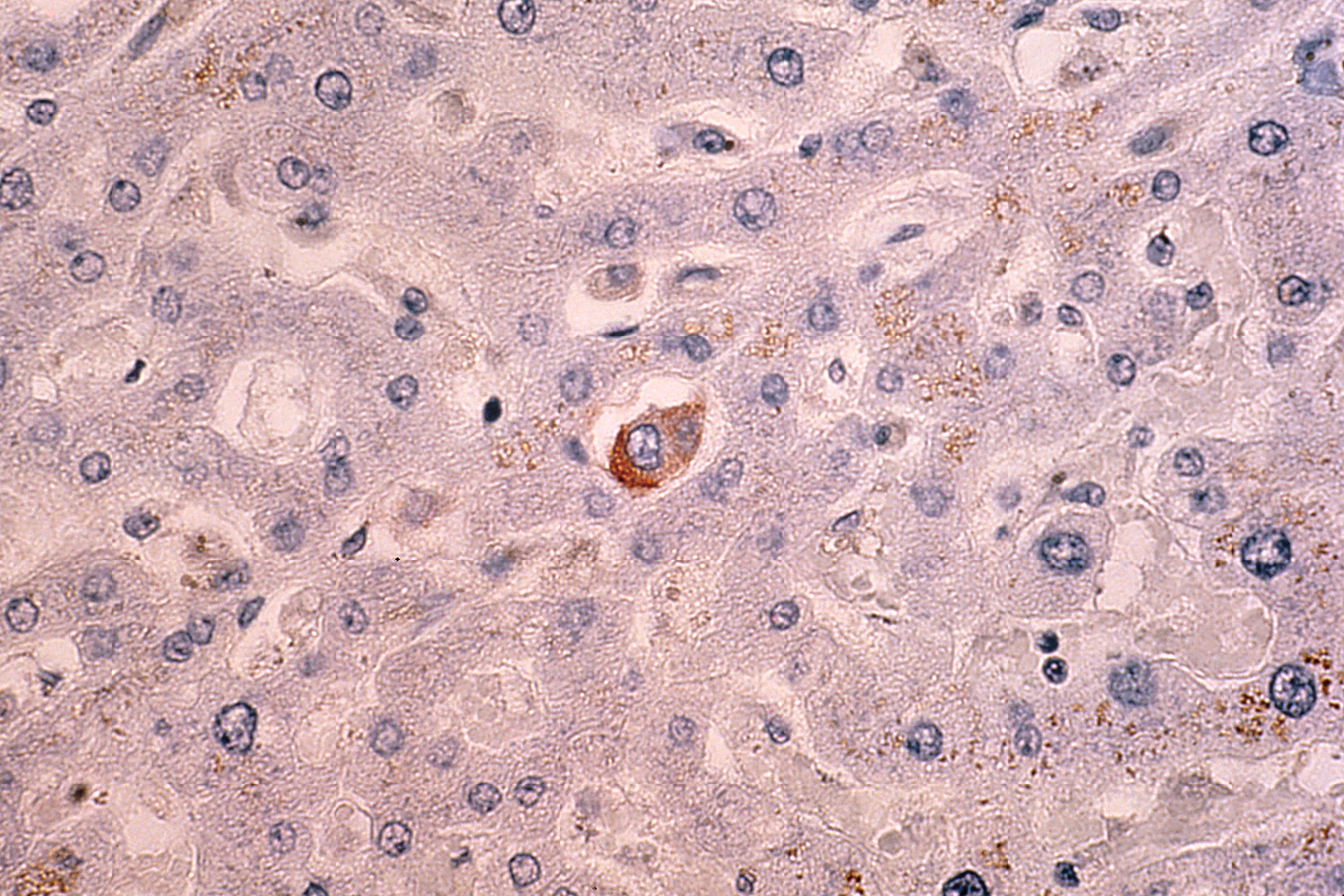
Small fragments, big impact: discovering the 'shearosomes' that drive cancer's spread
A collaborative study reveals an unexpected way cancer spreads through the body – by shedding tiny, previously unidentified fragments called shearosomes as tumour cells squeeze through narrow blood vessels. Shearosomes appear to actively influence their surroundings, supporting the growth of secondary tumours, offering new insights into how cancer spreads.
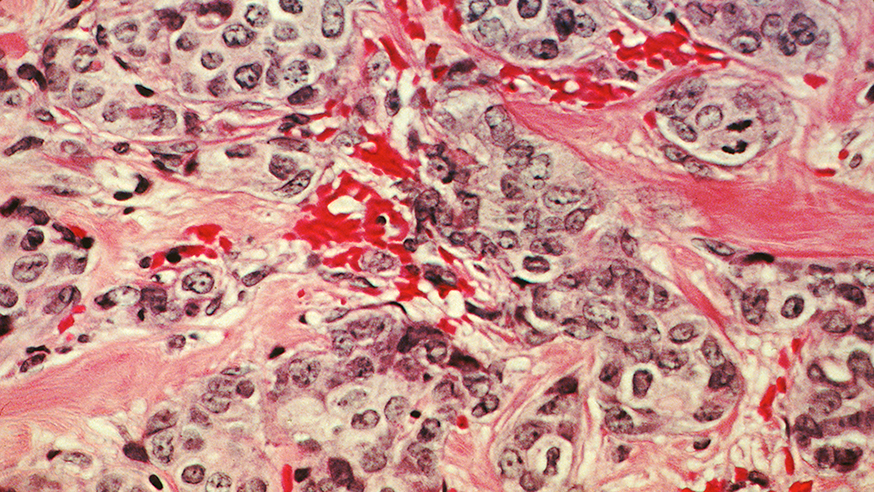
Turning cancer’s weakness into a weapon: 20 years of PARP inhibitors and BRCA research
Two decades ago, a pivotal exchange between two scientists sparked a scientific and medical revolution. Professor Alan Ashworth, then Director of the Breast Cancer Now Toby Robins Research Centre at The Institute of Cancer Research, London, and his collaborator Professor Steve Jackson had long known that inherited genetic mutations in the genes BRCA1 and BRCA2 increase the risk of cancer. But, they wondered, what if those same mutations could be turned against the cancer itself?
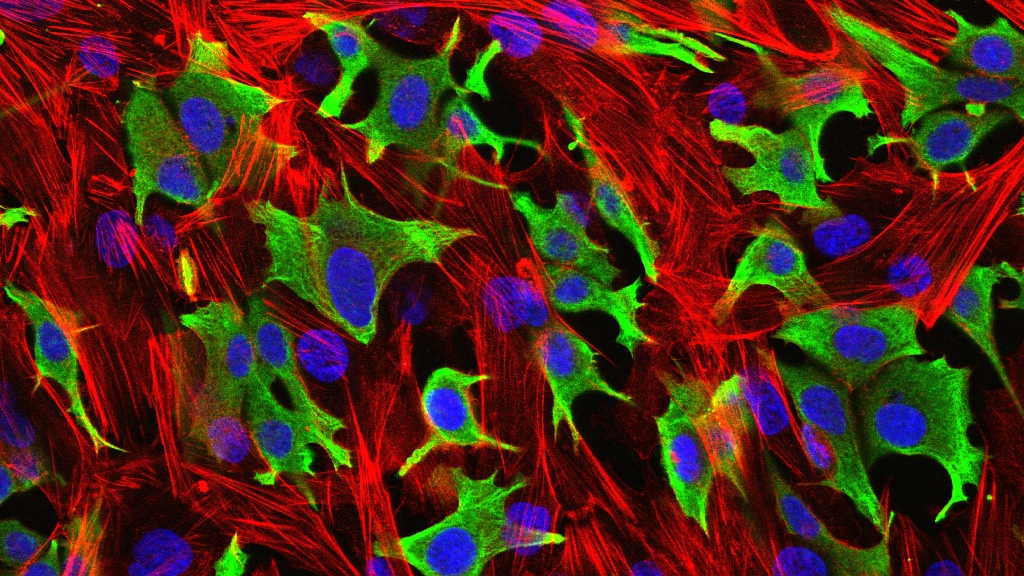
Breast cancer test predicts relapse risk in just two weeks – and could spare thousands of patients from unnecessary treatment
Thousands of women with breast cancer could be spared unnecessary treatment, thanks to a simple test which can identify whether or not their cancer is likely to return – just two weeks after starting treatment.
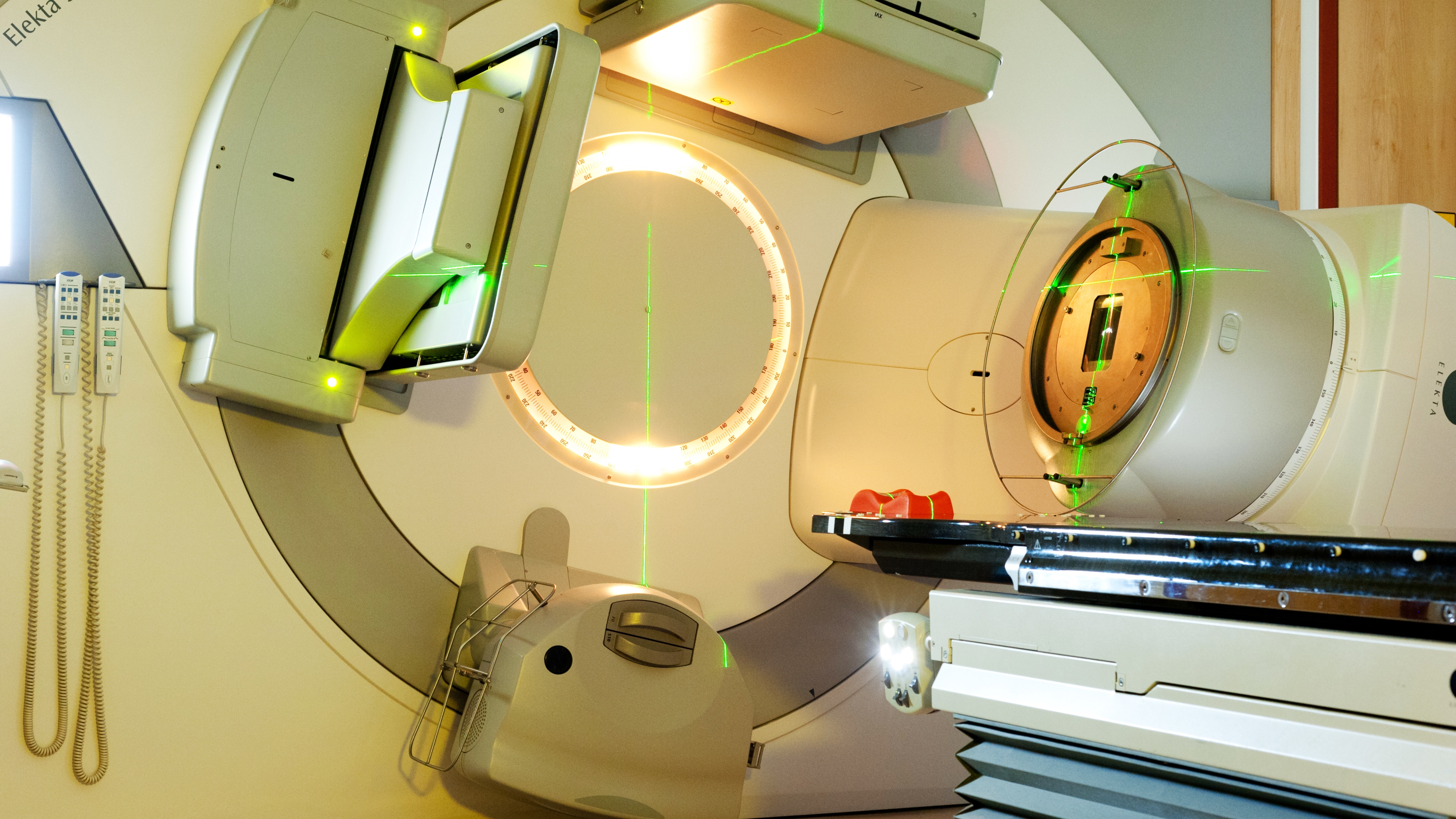
Targeted radiotherapy just as effective for low-risk breast cancer and reduces risk of side effects
Thousands of women who undergo radiotherapy for low-risk breast cancer could be spared some of the side effects of treatment after a study confirmed that more targeted treatments are just as effective at controlling the disease in the long term.
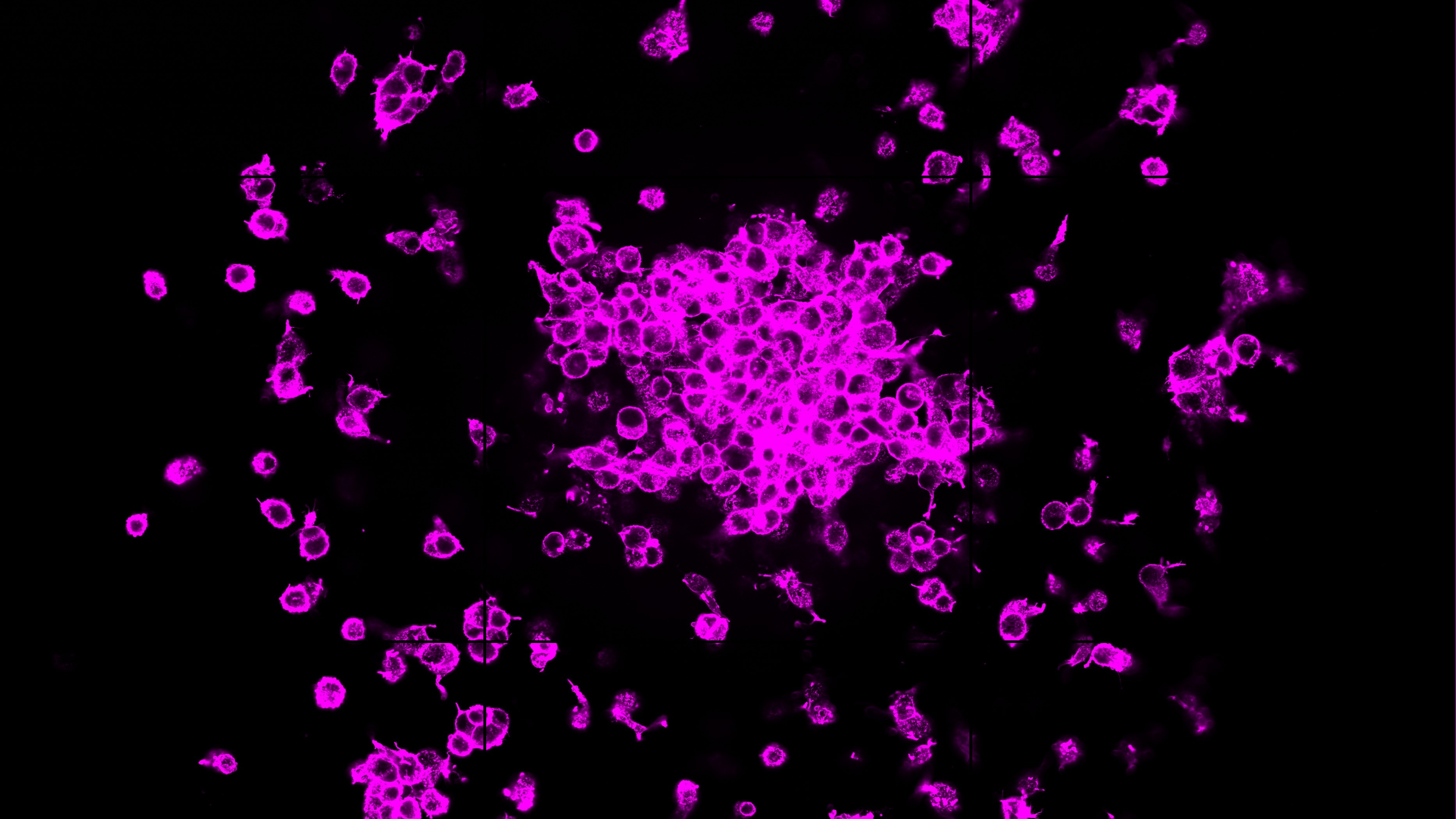
Scientists discover how to remove skin cancer’s protective armour and stop it spreading
Scientists have uncovered a protein that acts like a ‘suit of armour’ for cancer cells, shielding them from hostile environments and allowing one of the deadliest forms of skin cancer to spread through the body.
-is-malignancy-of-the-esophagus-cancer-of-the-esophagus-ct-with-contrast.jpg?sfvrsn=70ef5f67_1)
New study reveals how oesophageal cancer adapts to treatment
Researchers have tracked how the most common form of oesophageal cancer and its immune environment change during a standard form of treatment – offering vital clues that could shape future therapies, so they work for longer.
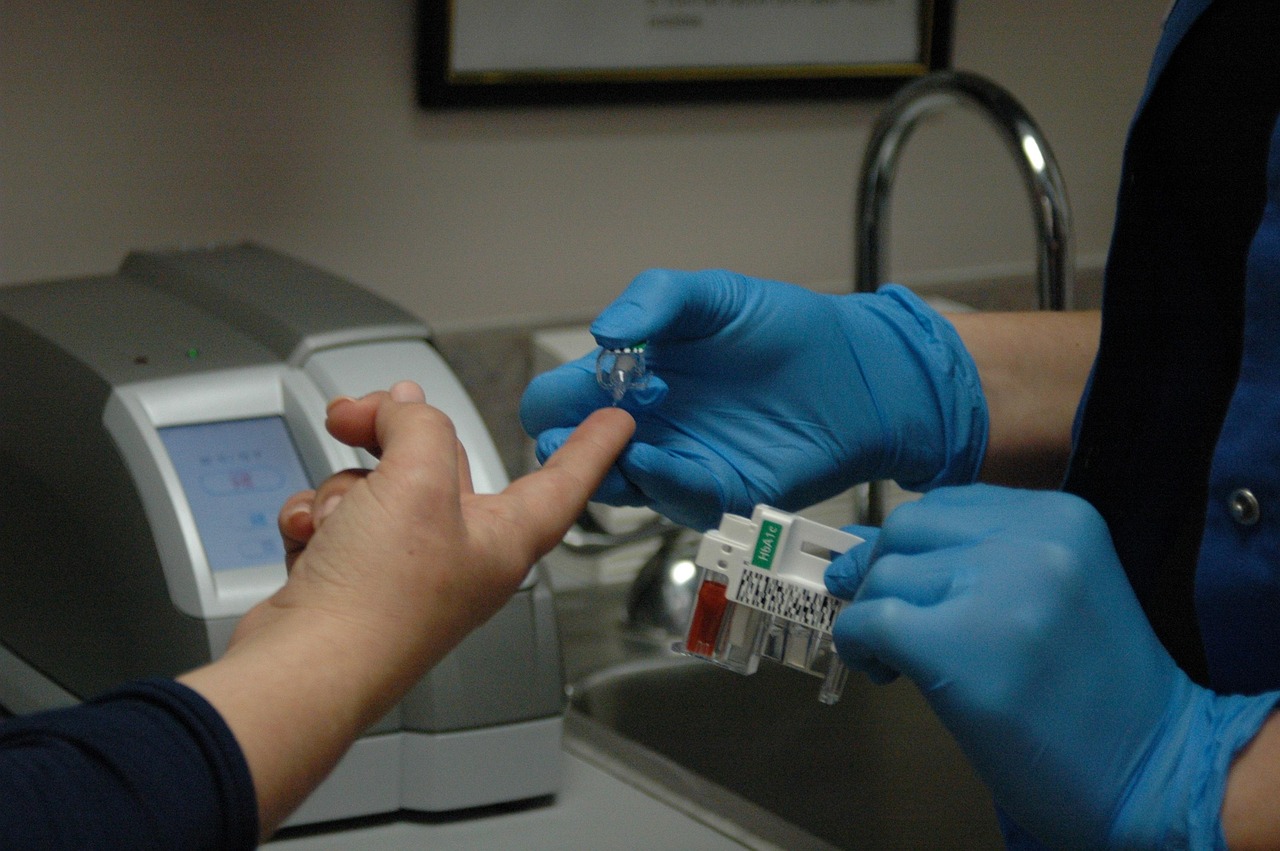
Newly discovered role of enzyme could explain link between diabetes and cancer
Cell biologists have made a significant advance, uncovering the key role of an enzyme in determining the physical structure and behaviour of cancer cells, including how they spread.
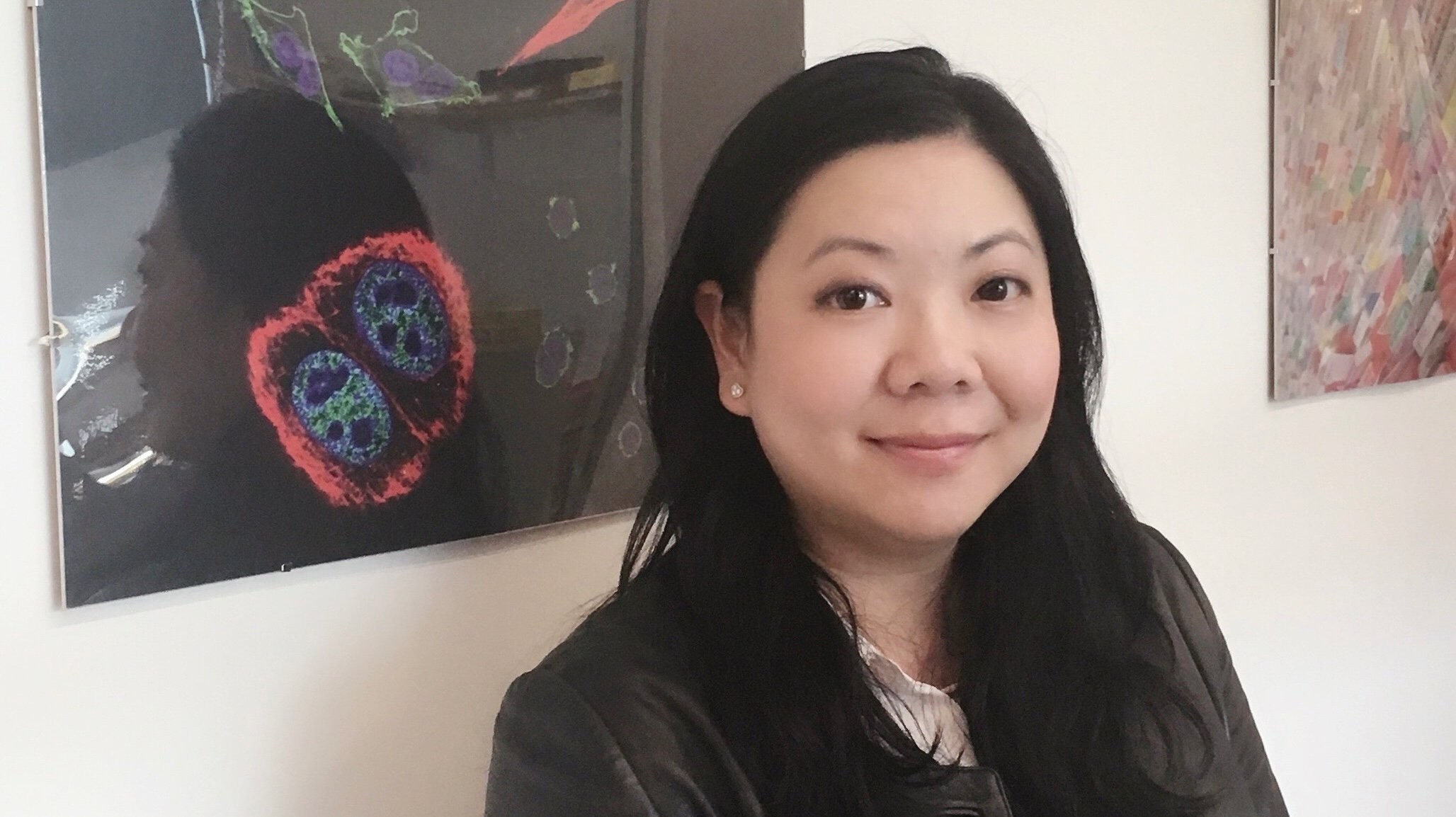
ICR researcher awarded prestigious lectureship for practice-changing breast cancer research
Dr Maggie Cheang, a breast cancer researcher at The Institute of Cancer Research, London, has been awarded the prestigious CL Oakley lectureship.

Scientists find new way to predict how bowel cancer drugs will stop working
Scientists from The Institute of Cancer Research, London, have developed a tool that can predict how bowel cancer adapts to treatment – helping researchers to design new personalised drugs that will keep patients living well for longer.
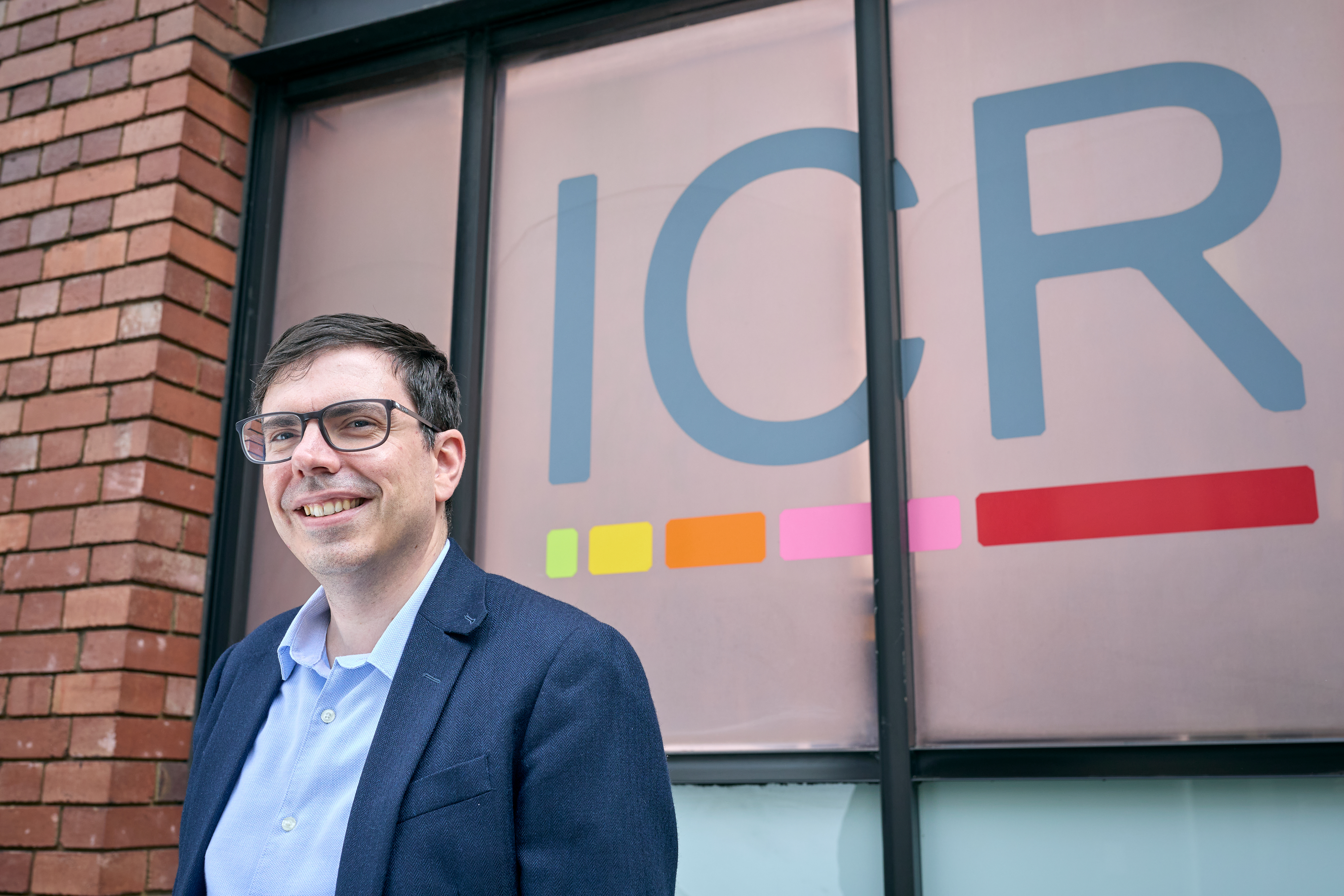
ICR scientist wins highly regarded award for early-career biomedical researchers
Dr Stephen John Sammut, a Clinician Scientist at The Institute of Cancer Research, London, has been awarded one of the eight 2025 research prizes from the Lister Institute of Preventive Medicine.
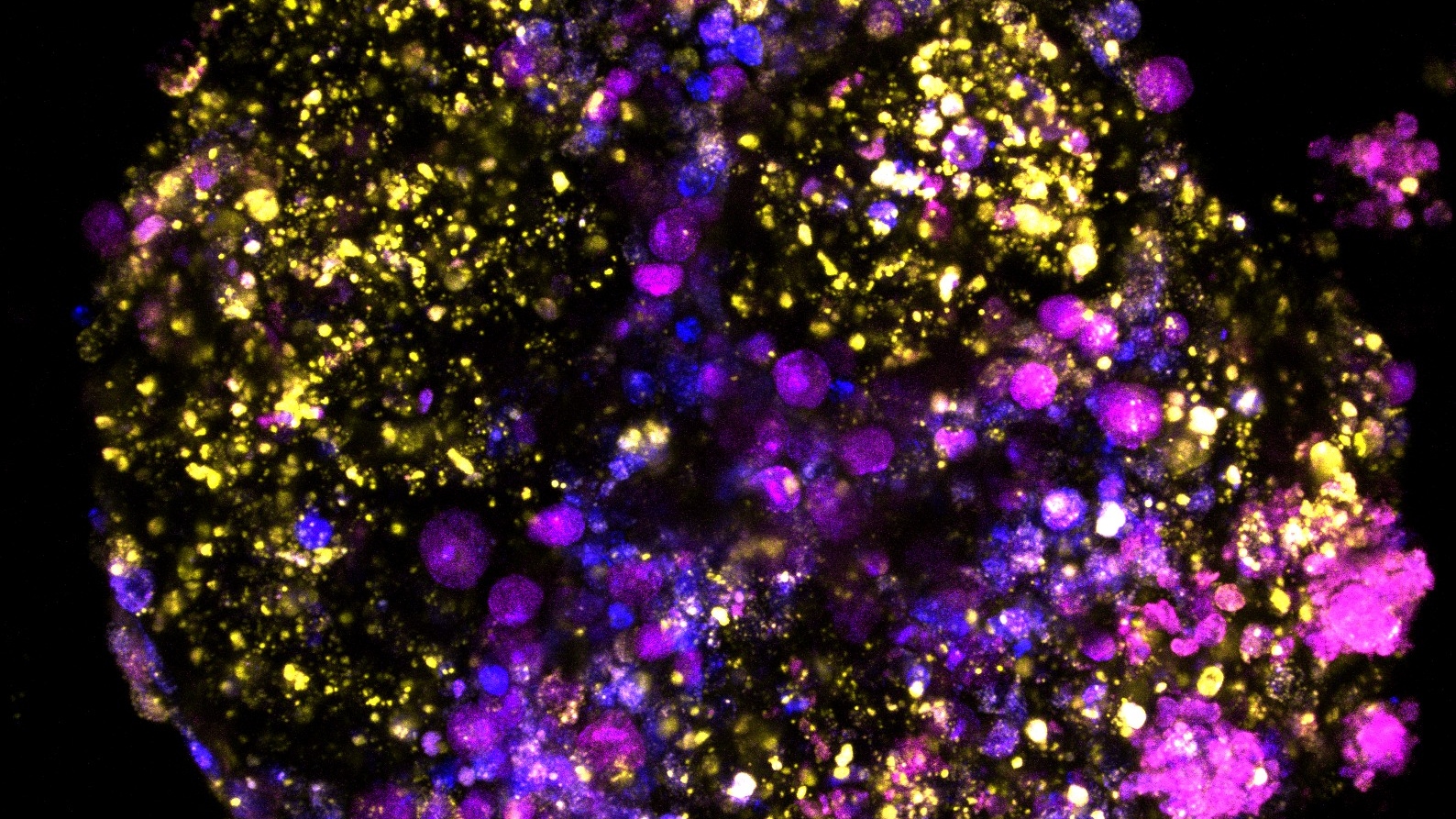
Scientists uncover clues behind drug resistance in bowel cancer
Scientists have discovered clues which may explain why some treatments stop working for people with bowel cancer – causing around 16,800 deaths in the UK every year.
The study, led by researchers at The Institute of Cancer Research, London, could help clinicians make better use of current treatments and develop more targeted therapies for bowel cancer in the future.
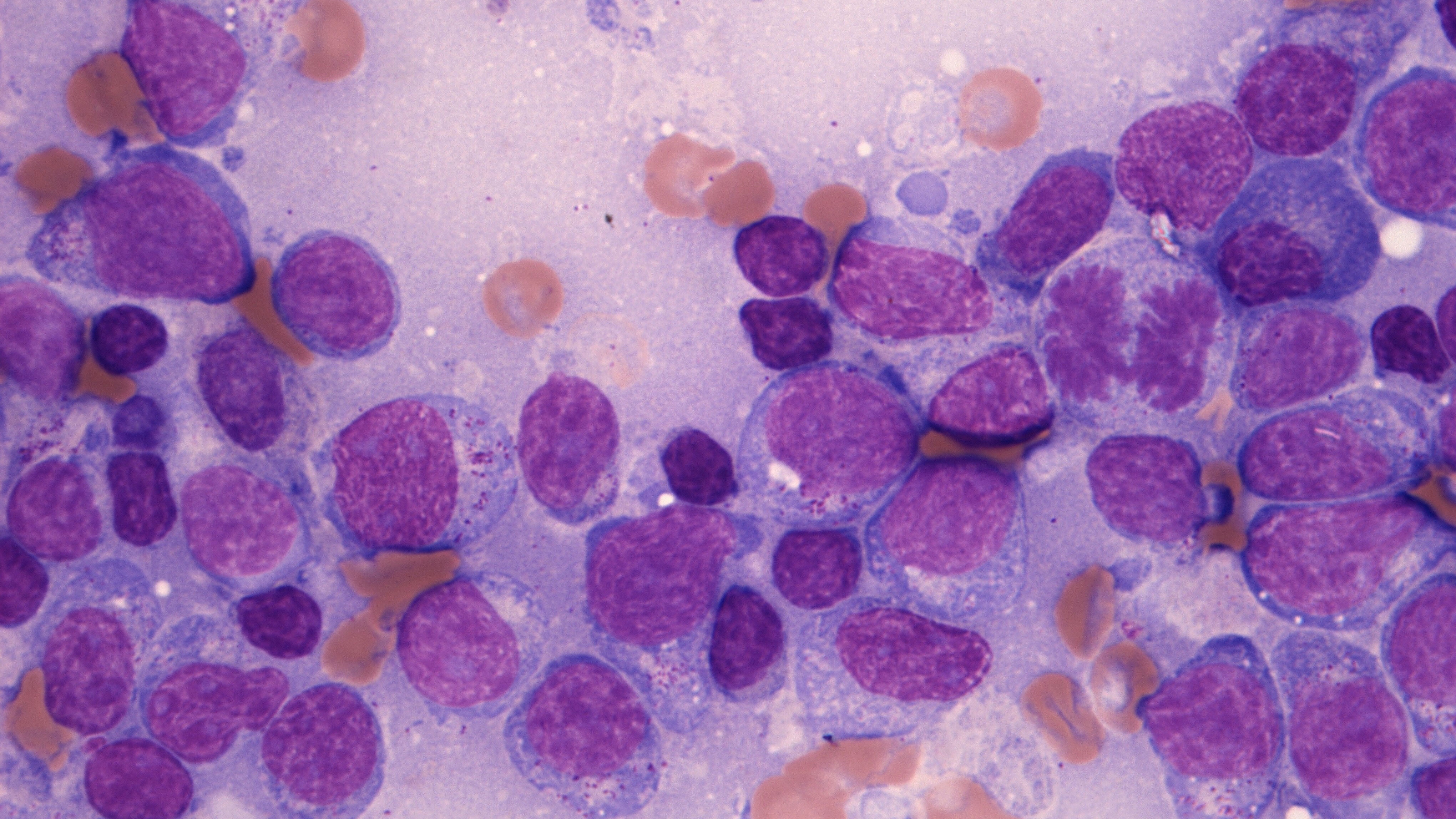
Thousands of blood cancer patients could benefit from new drug combination
Thousands of patients with a common type of blood cancer could benefit from a new drug combination, while others could see their disease kept at bay for longer.
